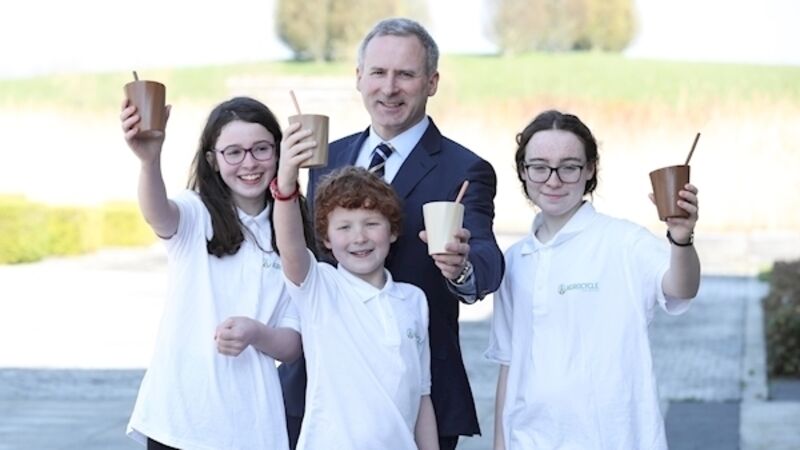New marketplace for anaerobic digestion sector

Agrocycle Marketplace is a new website where farmers and food producers can sell their food-waste and agricultural waste to biogas energy producers and other users across Europe.
The Agrocycle project is led by Dr Tom Curran, Assistant Professor in Biosystems and Food Engineering at UCD, who says there is huge potential in Ireland to use bio-digester machines to convert agricultural waste or food waste into heat and electricity.













